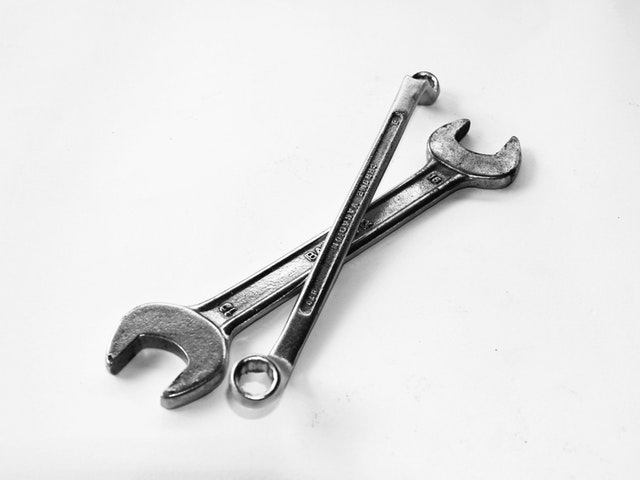4 House “Flaws” You Can Safely Disregard
 When you walk through a house with your real estate agent, you’re seeing if you and your family would be happy living there. But you’re also probably looking for signs of trouble that might spell big expenses later on. Be careful, though. It’s important to see the “bones” of the house rather than focusing on minor issues.
When you walk through a house with your real estate agent, you’re seeing if you and your family would be happy living there. But you’re also probably looking for signs of trouble that might spell big expenses later on. Be careful, though. It’s important to see the “bones” of the house rather than focusing on minor issues.
Here are four flaws you can safely disregard.
1. Stained Carpet
Stained carpet is more an indication of the owner’s poor cleaning habits than of any real problems with the house. It’s so easy to replace carpeting that it’s not worth even paying attention to when you’re viewing a house for sale. In fact, once you pull up that carpeting, you could discover beautiful hardwood flooring!
2. Funky Paint Colors
They say that there’s no accounting for bad taste. If you’ve seen enough houses with your real estate agent, you’re bound to encounter some less than traditional paint colors. However, paint can easily be painted over. You can safely ignore the flamingo pink bathroom walls or the putrid brown bedroom color.
3. Lack Of Curb Appeal
Every homebuyer wants to pull up to a house for sale and think, “How charming!” Unfortunately, a lack of curb appeal gives a sour first impression. However, don’t let that deter you from see the house for its true value. The inside might be magnificent. You can always add your own curb appeal later with pretty landscaping, shutters or window boxes.
4. Outdated Kitchen
If the kitchen is a little dated but the rest of the house meets your expectations, it’s okay to overlook this “flaw.” It’s fairly easy to update a kitchen with new or refinished cabinets, new appliances and a fresh coat of paint. Yes, it will cost a bit, but the outdated kitchen might be reflected in a lower selling price. Ask your real estate agent for their recommendation in this regard.
Sometimes it’s challenging to find the right house in the right location. When you do find one that checks all the boxes, don’t let any of these minor “flaws” deter you from making an offer. The little things won’t keep you from enjoying your new home, and you’ll be glad you focused on the things that really matter!
Your trusted home mortgage professional is available to help you secure your financing for your new home. Be sure to make an appointment to get your pre-approval so you can be ready to make an offer as soon as you find the home of your dreams.

 Many sellers hire inspectors and appraisers to value their home prior to placing it on the market. It’s important for buyers to hire their own inspector to get an independent opinion. If a buyer orders an inspection before the sale goes through, the seller may have to resolve any issues that arise. If you forego the inspection, you inherit any problems that come with the house.
Many sellers hire inspectors and appraisers to value their home prior to placing it on the market. It’s important for buyers to hire their own inspector to get an independent opinion. If a buyer orders an inspection before the sale goes through, the seller may have to resolve any issues that arise. If you forego the inspection, you inherit any problems that come with the house. The perfect home has been found, the one in the right neighborhood with the right amount of bedrooms and bathrooms. The home inspection is complete, but a few issues have been found. At this point, a home buyer has decisions to make.
The perfect home has been found, the one in the right neighborhood with the right amount of bedrooms and bathrooms. The home inspection is complete, but a few issues have been found. At this point, a home buyer has decisions to make.